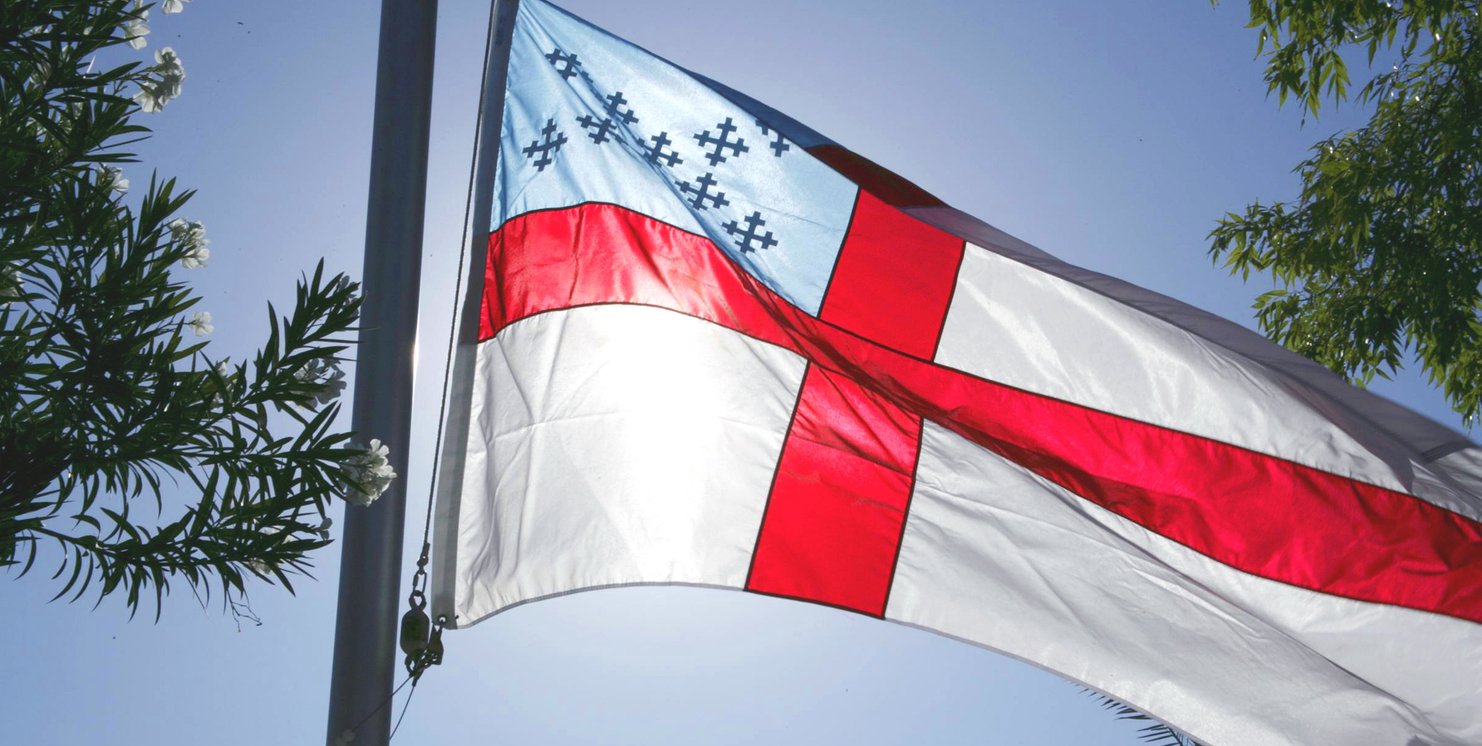
The Episcopal Church
What makes us Anglican?
Hallmarks of the Episcopal Church
The word “episcopal” refers to governance by bishops. The historic episcopate (bishops) continues the work of the first apostles in the Church: guarding the faith, unity, and discipline of the Church and ordaining men and women to continue Christ’s ministry. An Episcopalian is a person who is a member of The Episcopal Church, which encompasses churches in the United States and 16 countries. These include Taiwan, Micronesia, Honduras, Ecuador, Columbia, Venezuela, Haiti, Dominican Republic, Virgin Islands, Puerto Rico, and Churches in Europe (Austria, Belgium, France, Germany, Italy, and Switzerland). The Episcopal Church is part of the worldwide Anglican Communion.
The Episcopal Church, having its roots in the Church of England, is also an Anglican Church. Like all Anglican churches, the Episcopal Church is distinguished by the following characteristics:
“Protestant, yet Catholic”
Anglicanism stands squarely in the Reformed tradition, yet considers itself just as directly descended from the Early Church as the Roman Catholic or Eastern Orthodox churches. Episcopalians celebrate the “Mass” in ways similar to the Roman Catholic tradition, yet do not recognize a single authority, such as the Pope of Rome.
Worship in one’s first language
Episcopalians believe that Christians should be able to worship God and read the Bible in their first language, which for most Episcopalians, is English, rather than Latin or Greek, the two earlier, “official” languages of Christianity. Yet the Book of Common Prayer has been translated into many languages, so that those Episcopalians who do not speak English can still worship God in their native tongue.
The Book of Common Prayer
Unique to Anglicanism, though, is the Book of Common Prayer, the collection of worship services that all worshipers in an Anglican church follow. It’s called “common prayer” because we all pray it together, around the world. The first Book of Common Prayer was compiled in English by Thomas Cranmer in the 16th Century, and since then has undergone many revisions for different times and places. But its original purpose has remained the same: To provide in one place the core of the instructions and rites for Anglican Christians to worship together.
The present prayer book in the Episcopal Church was published in 1979. Many other worship resources and prayers exist to enrich our worship, but the Book of Common Prayer is the authority that governs our worship. The prayer book explains Christianity, describes the main beliefs of the Church, outlines the requirements for the sacraments, and in general serves as the main guidelines of the Episcopal life.
Scripture, Tradition, and Reason
The Anglican approach to reading and interpreting the Bible was first articulated by Richard Hooker, also in the 16th Century. While Christians universally acknowledge the Bible (or the Holy Scriptures) as the Word of God and completely sufficient to our reconciliation to God, what the Bible says must always speak to us in our own time and place.
The Church, as a worshiping body of faithful people, has for two thousand years amassed experience of God and of loving Jesus, and what they have said to us through the centuries about the Bible is critical to our understanding it in our own context. The traditions of the Church in interpreting Scripture connect all generations of believers together and give us a starting point for our own understanding.
Episcopalians believe that every Christian must build an understanding and relationship with God’s Word in the Bible, and to do that, God has given us intelligence and our own experience, which we refer to as “Reason.” Based on the text of the Bible itself, and what Christians have taught us about it through the ages, we then must sort out our own understanding of it as it relates to our own lives.